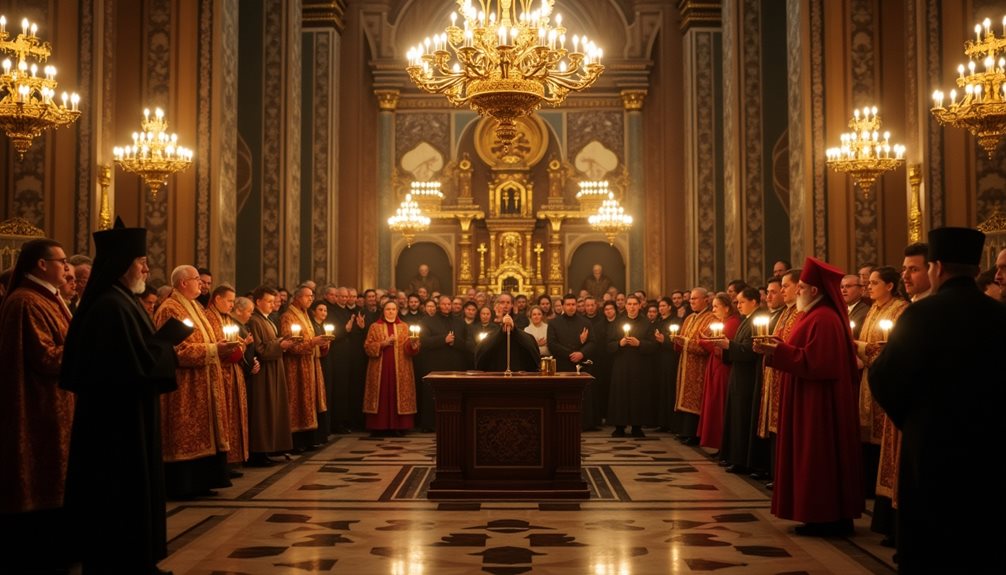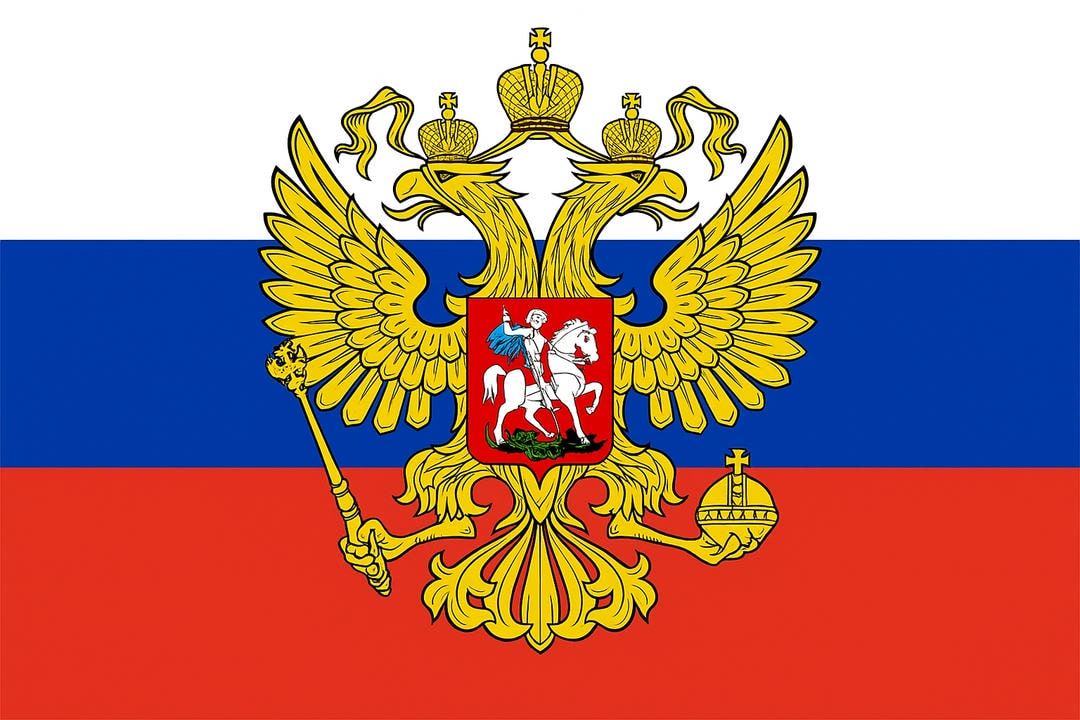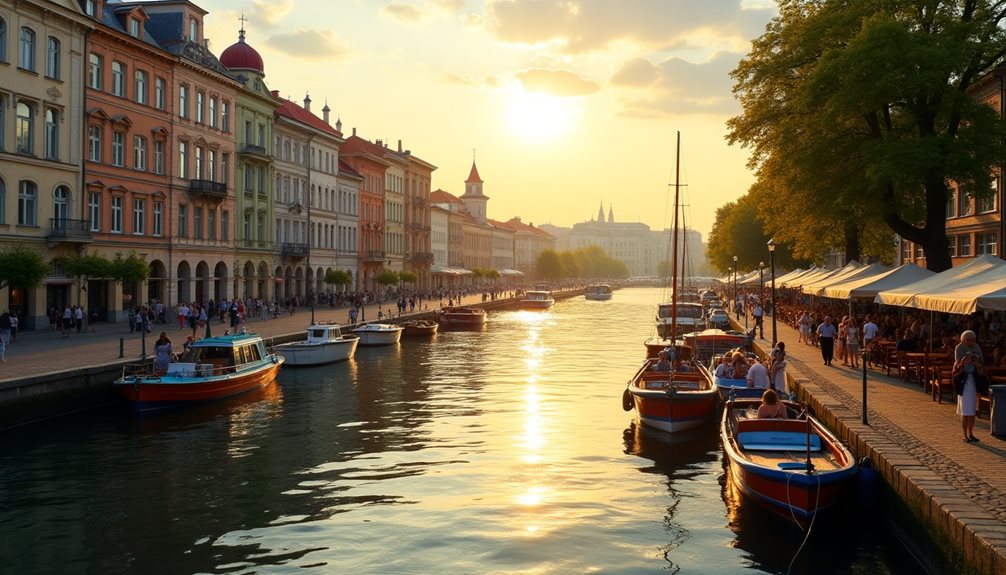In Russian culture, the dedushka—grandfather—is far more than a family elder. He stands as a living bridge between generations, embodying resilience, wisdom, and the quiet strength that has helped Russian families weather countless storms throughout history. While the warmth and nurturing presence of the babushka often takes center stage in tales of Russian family life, the dedushka’s contributions are no less vital, though often less celebrated.
The role of a dedushka is complex and steeped in tradition. He is the storyteller, the keeper of family history, and the silent pillar who upholds the household’s values through example rather than words. From sharing memories of past hardships to passing down life lessons learned in times of war and peace, dedushkas shape the moral compass of younger generations. Their guidance is subtle but enduring—a reassuring hand on a grandson’s shoulder, a patient teacher of practical skills, or a wise adviser in difficult times.
Yet, despite his quiet influence, the figure of the dedushka is frequently overlooked in conversations about Russian family dynamics. His strength is not always loud or showy; it is steady, persistent, and deeply rooted in tradition. To understand Russian family life fully, it is essential to recognize and appreciate the unique role that dedushkas play—not only as guardians of memory and custom, but as unsung heroes whose presence continues to shape the character of families across Russia.
Dedushka: A Pillar of Strength, Tradition, and Living History

In the Russian family, the dedushka is more than just an elder—he is a living testament to the nation’s endurance. Across generations, dedushkas have weathered wars, revolutions, and drastic changes in society. Their lives are often marked by stories of survival and sacrifice that quietly shape the values of those around them. These men are not always outspoken or demonstrative, but their presence is unmistakable—a gentle force holding the family together through both hardship and celebration.
Dedushkas carry within them the collective memory of Russia’s turbulent past. Many have firsthand experience of events like World War II (the Great Patriotic War), the Soviet era, or times of economic crisis. Their tales, whether shared around the dinner table or hinted at in a quiet moment, are invaluable lessons in perseverance and adaptability. They model a kind of stoic resilience that inspires younger family members to face life’s challenges with dignity and strength.
The influence of dedushkas also extends beyond their immediate families. Figures from Russian folklore and tradition, such as Ded Moroz—the winter gift-giver celebrated across the country—highlight the cultural reverence for wise, authoritative grandfather figures. These characters are woven into childhood memories, embodying kindness, resourcefulness, and a deep connection to Russian customs.
But it is in everyday life that dedushkas leave their deepest mark. They teach practical skills—how to fish, repair tools, or grow a garden—while quietly instilling values like honesty, responsibility, and respect for elders. Through their actions, they pass on traditions that might otherwise be lost in the rush of modern life. In a rapidly changing world, the dedushka serves as a steady anchor to the past, ensuring that family bonds and cultural heritage remain strong for generations to come.
In short, dedushkas are not only storytellers or symbols from folklore—they are living links to history, providers of wisdom, and steadfast protectors of family tradition. Their legacy continues to shape Russian identity in profound and lasting ways.
Dedushka in Folklore and Reality
The figure of the dedushka—the Russian grandfather—holds a unique and cherished place, bridging the worlds of folklore and daily life. In stories passed down through generations, dedushkas appear as wise, gentle figures. One of the most famous is Ded Moroz, the frosty-bearded winter wizard who brings gifts to children on New Year’s Eve. Much like Santa Claus in Western cultures, Ded Moroz is more than just a magical gift-giver; he’s a symbol of warmth, kindness, and protection during the long Russian winter.
Folklore often portrays dedushkas as keepers of ancient wisdom. Around the fire or at the family table, these elders share tales of bravery, cleverness, and moral lessons—sometimes with a twinkle in their eye and a sly joke tucked into the story. Their role is not only to entertain but to subtly guide younger generations, passing down values like honesty, perseverance, and respect for nature.
In everyday life, the real-life dedushka continues this tradition, though often in quieter ways. He might teach grandchildren how to fish in a forest stream, tend a garden, or carve wooden toys by hand. These actions speak louder than words, weaving family memories and traditions into the fabric of daily routines. Even a simple walk with dedushka can become a lesson about the changing seasons, local history, or the importance of patience.
Dedushkas are often seen as the anchors of Russian families—steady, dependable, and deeply respected. Their life experiences serve as living links to the past, especially in a rapidly changing world. Through their stories and example, dedushkas help preserve Russian heritage and cultural identity for future generations. Whether through folklore or real-life moments, their influence shapes not just individual families but the wider sense of what it means to be Russian.
The Storyteller and Keeper of Wisdom
Dedushkas are much more than authority figures in the family—they are the living libraries of family and national history. With a twinkle in their eye and a steady voice, they become storytellers, weaving together tales of hardship, adventure, and resilience. These stories aren’t just for entertainment. Each one carries lessons learned from a lifetime of experience: how to face adversity, when to trust, and why it’s important to stay true to one’s word.
When a dedushka recalls the hardships he endured—be it during war, famine, or rebuilding after difficult times—he isn’t just reminiscing. He’s connecting past and present, helping grandchildren understand where they come from and what their family has overcome. These stories build emotional bridges between generations, creating a sense of belonging and shared purpose.
Often, dedushkas guide not by telling but by showing. A gentle nod, a comforting hand on the shoulder, or a knowing glance can speak volumes. Their silent guidance is powerful—it shapes character and instills values that last a lifetime. In this way, dedushkas quietly reinforce cultural identity, passing on what it truly means to be part of the family and the wider community.
Silent Guidance and Emotional Strength
Where babushkas often offer hugs and warm words, dedushkas support their families with quiet strength and steadfast presence. Their love is shown in subtle ways: fixing a broken chair without being asked, rising early to shovel snow before anyone wakes up, or standing silently beside a child learning to ride a bike. These steady actions provide a foundation of security for the whole family.
Beneath their sometimes gruff appearance lies a deep well of emotion. Dedushkas may not always say “I love you” out loud, but their loyalty and sacrifices make those feelings unmistakable. Children and grandchildren sense this silent devotion—an unspoken promise that dedushka will always be there when needed.
This understated influence weaves through every aspect of family life. By quietly modeling patience, integrity, and resilience, dedushkas guide the younger generations in ways that words alone never could. Their presence is like the roots of an old tree: unseen but essential, holding everything together through all seasons of life.
Everyday Heroes and Custodians of Tradition
In a rapidly changing world, the stories and traditions upheld by dedushkas remind Russian families of their roots. They are essential in maintaining cultural continuity, ensuring that important values and traditions survive despite modern challenges.
Dedushkas are often the unsung heroes of family life. Their contributions may go unnoticed in the hustle of daily routines, but their presence is deeply felt. Whether it’s repairing tools in the shed, tending the vegetable patch, or teaching children to recognize the songs of birds, dedushkas quietly uphold traditions that have been passed down for centuries. Even their hobbies—woodworking, fishing, chess—become opportunities to share skills and knowledge in an informal, approachable way.
Their wisdom isn’t confined to old stories or traditional crafts. Dedushkas often serve as mediators in family disputes, voices of reason during difficult decisions, and sources of calm when life gets overwhelming. Through all of this, they model humility and perseverance. They know that true strength is not about loud declarations, but about steadfastness, dependability, and leading by example.
In many Russian families, it’s the dedushka who insists on keeping certain customs alive: gathering together for Sunday lunch, observing holiday rituals, or making sure that grandchildren know the meaning behind a family heirloom. These seemingly small acts help anchor the family in its roots, providing stability and a sense of continuity amid a changing world.
A Cornerstone of Identity
The dedushka is a cornerstone of Russian cultural identity and family strength. His role embodies quiet resilience, wisdom, and tradition, shaping the values and character of future generations. Through stories and silent guidance, dedushkas help keep Russian heritage alive and thriving, even amid change and adversity.
Russian dedushkas are much more than family elders—they are storytellers, silent guides, protectors of tradition, and everyday heroes. Their influence is woven into the fabric of Russian life, shaping families and entire communities through quiet strength and timeless wisdom.
While their ways may seem understated compared to the nurturing warmth of babushkas, dedushkas leave an indelible mark through example and presence. They teach not just with words, but with actions that speak volumes: a steady hand, a thoughtful story, an unwavering commitment to family and heritage.
In honoring our dedushkas, we honor the values they represent—resilience, integrity, and love expressed through action. As keepers of memory and tradition, they remind us of where we come from and inspire us to carry those lessons into the future. Their legacy is one that endures in every family gathering, every cherished story, and every act of silent strength.




